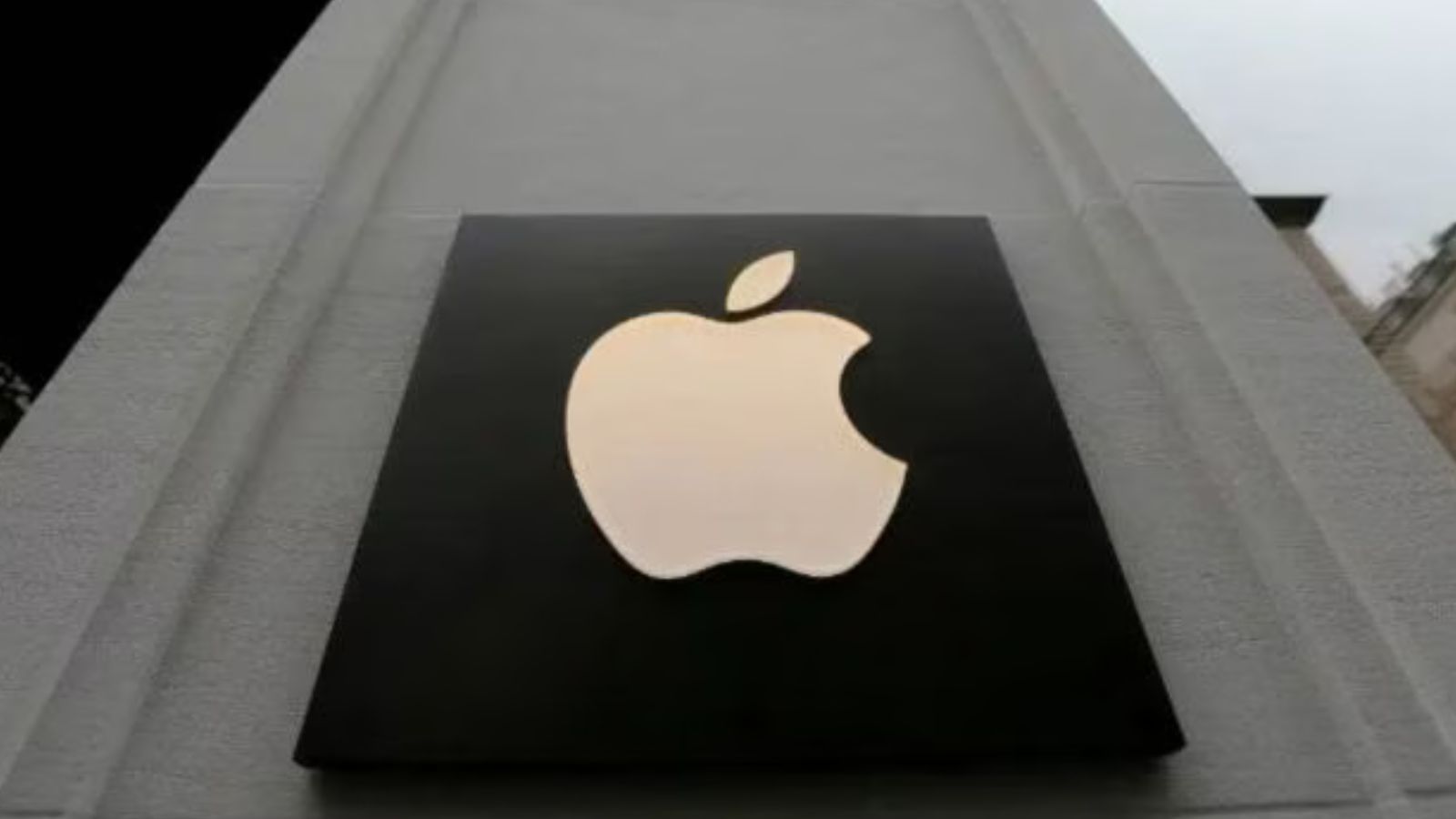Apple recently announced that the rollout of its flagship AI offering in the European Union (EU) has been deferred, citing regulatory uncertainties. Besides Apple Intelligence, new iOS features such as Phone Mirroring and SharePlay Screen Sharing enhancements will also not be rolled out to EU users this year.
The reason behind the delayed rollout is the EU’s competition legislation called the Digital Markets Act (DMA) which has been in effect since 2022. While DMA was brought in to curb the dominance of big tech companies, Apple said provisions of the law such as its interoperability requirements “could force us to compromise the integrity of our products in ways that risk user privacy and data security.”
“We are committed to collaborating with the European Commission in an attempt to find a solution that would enable us to deliver these features to our EU customers without compromising their safety,” the iPhone maker said in a statement.
What are DMA requirements forcing Apple to push pause on its AI rollout? How has the EU responded to the tech giant’s concerns? And will the legislation similarly impact other Apple features that are in the making? We explain.
‘Stunning, open declaration’: EU competition chief
Days after Apple announced its decision, Margrethe Vestager, Competition Commissioner, EU, said the tech giant has an obligation to be open for competition in Europe. “I find that very interesting, that they say we will now deploy AI where we’re not obliged to enable competition. I think that is the most sort of stunning, open declaration that they know 100% that this is another way of disabling competition, where they have a stronghold already,” Vestager was quoted as saying by The Verge at the Forum Europa event.
This is far from the first time that Apple has locked horns with EU regulators. Most recently, the European Commission held that the big tech company had violated DMA by charging app developers a fee if they wanted to steer customers towards subscription channels other than the Apple App Store.
While Apple is allowed to appeal the Commission’s findings in its preliminary investigation, it has 12 months to comply with the DMA or face fines amounting to 10 per cent of its annual global turnover, according to a report by The Guardian.

Apple is the first big tech company whose practices have been held to be anti-competitive under DMA, though similar antitrust investigations are ongoing against Google and Facebook parent Meta.
What is the interoperability rule under EU’s DMA?
The DMA classifies tech giants such as Apple, Alphabet, Meta, Amazon, Microsoft, and a few other services as ‘gatekeepers’ that are mandated to follow specific rules including allowing users to install third-party apps or app stores, allowing users to uninstall pre-installed apps and change defaults, giving users options to stop being profiled for targeted advertising and the like.
Specifically, the interoperability rule highlighted by Apple requires gatekeepers to ensure that its messaging services are interoperable with messaging services offered by other smaller developers. For instance, Apple would have to make a few basic functionalities of its iMessage app interoperable while more complex features have to be made interoperable over time.
Furthermore, gatekeepers are required to respond to interoperability requests made by smaller developers within a fixed timeline.
Given these requirements, Apple is likely concerned that smaller developers would be able to put in an interoperability request and obtain a peak under the hood of its AI system. Another potential point of contention could be the integration of OpenAI’s ChatGPT with Apple devices. According to DMA, end users have to be allowed to opt out in case they don’t want their provider to become interoperable with a gatekeeper.
Apple is not alone in temporarily shelving its rollout of AI features for EU users. Last month, Meta had to delay launching its AI chatbot in the region after its stated policy of using users’ public posts on Instagram and Facebook to train its AI model came under scrutiny by privacy regulators. Google’s Gemini also faced regulatory hurdles after the EU’s Data Protection Commission (DPC) said it had not received adequate information on how the generative AI model would impact a user’s privacy, as per reports.
Besides big tech, digital rights groups such as the Electronic Frontier Foundation (EFF) had criticised the interoperability rule of the DMA as it could weaken end-to-end encryption in messaging services. “Many security experts agree that requiring interoperability without unacceptable tradeoffs in security or privacy is a very high hurdle, one that might turn out to be insurmountable,” EFF said in a blog post in May 2022.
© IE Online Media Services Pvt Ltd
First uploaded on: 01-07-2024 at 17:01 IST


